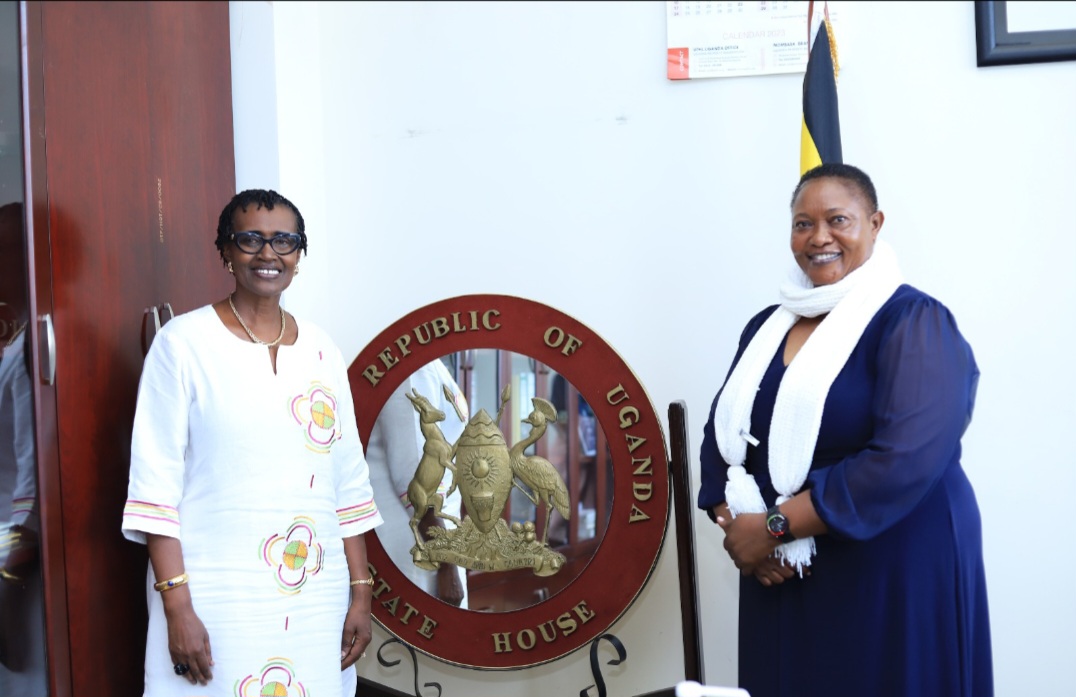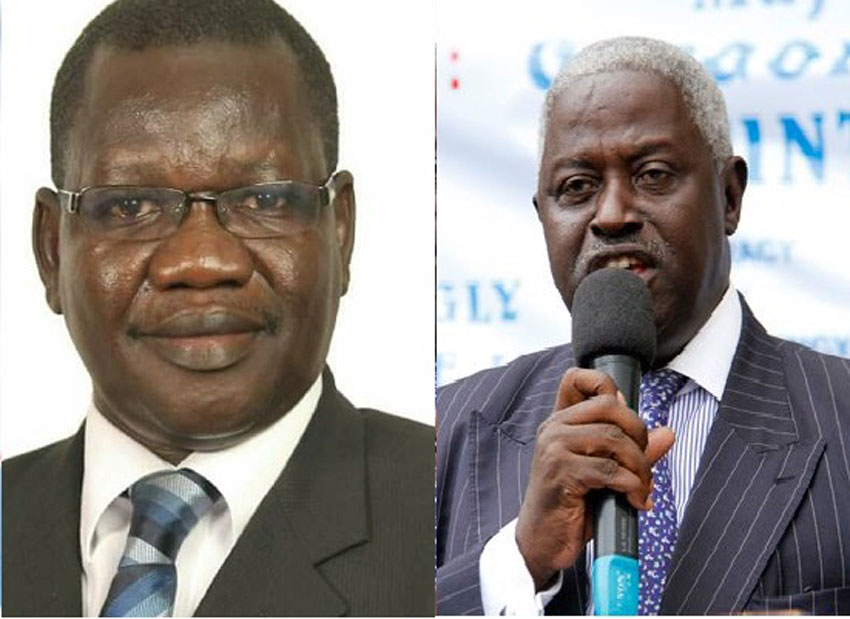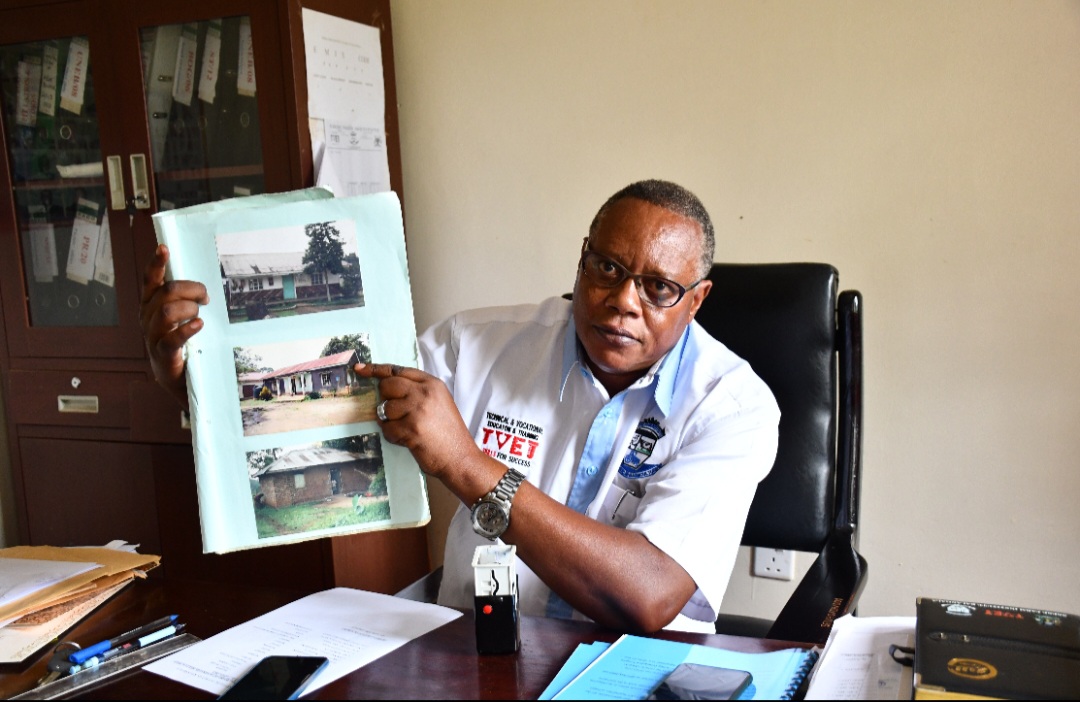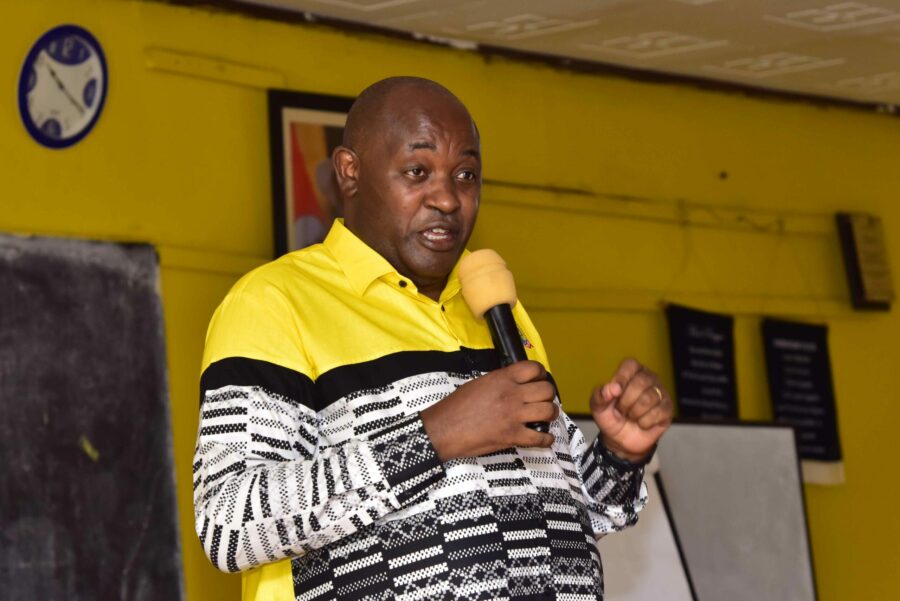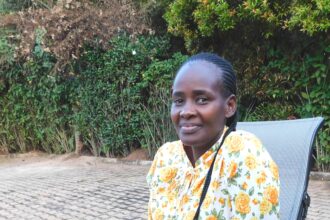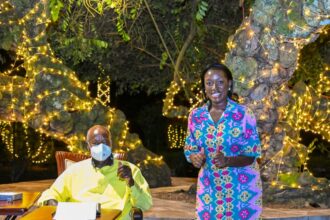It is over four decades since the first case of AIDS was diagnosed in Uganda in 1982. The country has been globally acknowledged following reversal of HIV/AIDS prevalence from national average of 18% in the early 90s to the current 5.2%. The number of new infections has also reduced over time from 120,000 in 2010 to 52,000 in 2022 while AIDS-related deaths have reduced from 56,000 to 17,000 in 2022. The success has been due to a well-coordinated multi-sectoral response and the tireless and visionary efforts led by President Yoweri Kaguta Museveni.
These gains were inspite of other challenges that had to be tackled concurrently like eliminating the six killer diseases, the LRA and Lakwena wars in the North and East, and ADF in the West, and committing immense resources to integrate and expand the national economy, fully democratise and expand governance structures while battling “unknowns” like Covid-19, the latter being one of the biggest threats to the gains achieved in the fight against HIV/AIDS in recent times.
In 2017, President Museveni launched the Presidential Fast Track Initiative to end AIDS by 2030 to help accelerate achievement of the UNAIDS 90-90-90 targets by 2020 which have now been upgraded to 95-95-95 by 2025. Recent data reviews by Uganda AIDS Commission (UAC) show that HIV testing in the general population has significantly increased from 37% to 76.1% in males and from 48% to 83.5% in females over the last three years. The nationally set targets for initiating HIV positive clients on antiretroviral treatment (ART) at (95%) and viral load suppression at (95%) among HIV-positive pregnant women have been achieved.
On effective institutions to coordinate HIV and AIDS; 80% of districts have functional District AIDS Committees (DACs); 91% of districts have functional PLHIV networks, 92% of the Self Coordinating Entities (SCEs) have functional HIV and AIDS Committees and 72% of sectors are mainstreaming HIV and AIDS.
Last Tuesday, I was delighted to host the UNAIDS Executive Director, Hon. Winnie Byanyima, at my office. I was pleasantly surprised and honoured to be recognized by the Joint United Nations Programme on HIV/AIDS for my humble contribution to the fight against HIV/AIDS in Uganda, and for the excellent work being done by the President. Ms. Byanyima commended President Museveni for the commitment, openness, and unwavering leadership in the fight against HIV and AIDS in Uganda, and for continuing to provide leadership to the national response. She gave examples of the President attending all recent World AIDS Day commemorative events in person and calling on district and national leaders to follow-up HIV and AIDS issues seriously and challenging them on high HIV infections and low ART coverage levels in respective districts. She also commended the leadership for actively addressing possible negative unintended consequences of the Anti-Homosexuality Act 2023 by ensuring access to and continuity of services for all Ugandans especially vulnerable groups.
The UNAIDS Executive Director called on me to be a champion in the use of National Identification cards for unique identification of who is getting the ARVs, to address any leakages, improve ordering and full access to health services.
She pledged UNAIDS and other partners’ support to Uganda to ensure discussions on sustainability and other efforts in the fight against HIV/AIDS remain on track in order to end AIDS as a public Health threat by 2030.
By virtue of my position as Minister for the Presidency, I am the supervisor of UAC, one of the departments under my docket. In position, I am also the supervisor of RDCs, RCCs and their Deputies. Because of H.E the President’s strategic guidance, I have committed a lot of interest in pushing my team to deliver on the objective of eliminating the scourge according to the timelines set. I regularly send out circulars to the RDCs to update my office with information on activities they are undertaking in their areas in line with the objective. Such activities include meetings of stakeholders in the districts and cities, as well as sensitisation and community outreach campaigns, which involve radio programmes and media spotlights.
My office has also provided structured messages for them to use in their radio and TV programmes for effective communication and delivery of the message.
Furthermore, we have recently directed RDCs to provide a database of organisations involved in the HIV/AIDS fight so as to strengthen our coordination to achieve the objective faster, if possible. Leaders at all levels should do their part in increasing HIV awareness and advocacy. Parliament should support funding for HIV interventions to ensure we achieve the Presidential Fast Track Initiatives for Ending AIDS by 2030 in Uganda.
I thank all partners, local and international, who have been with us in this fight and who have committed resources to provide critical care to our people all this time. If we can eliminate this killer disease, our people will be health and able to work for prosperity and general development. We can then channel more resources into production as part of the greater transformation agenda of the Government of Uganda which does not leave anybody behind.
The author is the Minister for the Presidency
Do you have a story in your community or an opinion to share with us: Email us at Submit an Article



